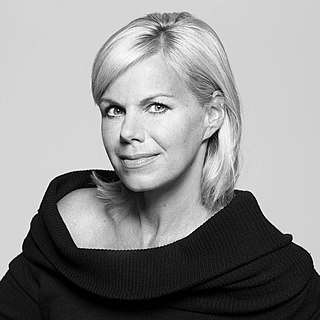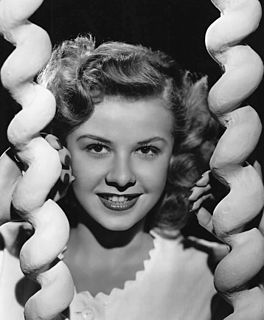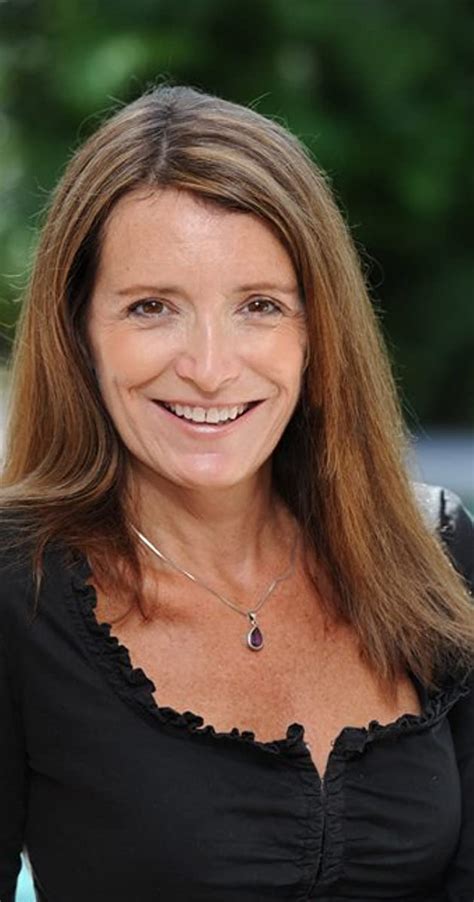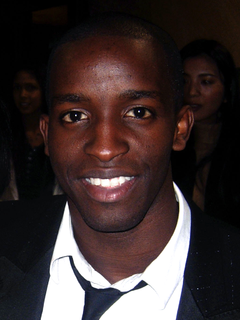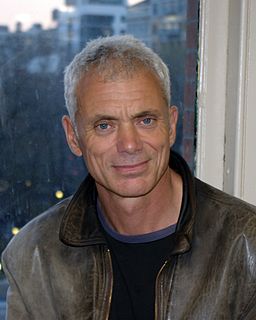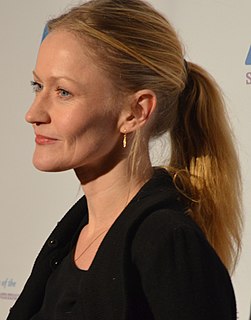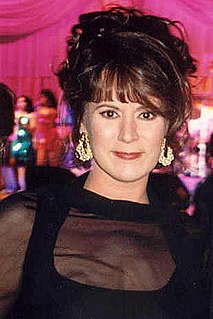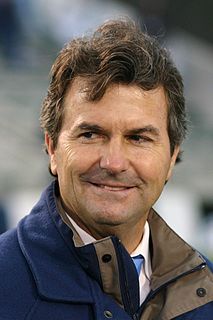A Quote by Gretchen Carlson
When people watch me on TV they see part of my life. I wanted to let them know the real me behind the scenes. The child who was a concert violinist from the age of six. The young woman who took on the challenge to compete in the Miss America pageant. The television journalist for twenty-five years. The mother of two who, just like most women, struggles to balance work and family.
Quote Topics
Age
America
Balance
Behind
Behind The Scenes
Challenge
Child
Compete
Concert
Family
Five
Five Years
Journalist
Just
Know
Life
Like
Me
Miss
Miss America
Most
Mother
My Life
Pageant
Part
People
Real
Real Me
Scenes
See
Six
Struggles
Television
Them
Took
TV
Twenty
Twenty-Five
Two
Violinist
Wanted
Watch
Watch Me
Woman
Women
Work
Years
Young
Young Woman
Related Quotes
When people watch me on TV, they see part of my life. I wanted to let them know the real me behind the scenes. The child who was a concert violinist from the age of six. The young woman who took on the challenge to compete in the Miss America pageant. The television journalist for twenty-five years.
I accepted Christ at a young age, at the age of six years old, and just tried to play hockey and balance that. I had some struggles later in my teenage years. I moved away from home and struggled a little bit being on my home and finding out who I was and trying to mix that with my faith and make it real.
I was very, very young when I first started acting. My first movie role I was in, I was eight years old at the time. My mom got me involved in community theater stuff when I was like five or six years old. How I learned to read was by reading the captions on TV, and I grew up from a really young age watching tons of movies and television.
When I look in the mirror I see the woman I knew I wanted to be as a child. When I was a young girl, I had a vision of the woman I wanted to be. And I often reached out to women of color in America for inspiration. My mother would regularly buy Essence and Ebony. I would look at those magazines filled with images of professional, intelligent women of color who knew who they were, who enjoyed who they were, and who were surrounded by other people who enjoyed who they were. When I look in the mirror, I'm really glad that that's what I see today, but it took awhile to get here.
but it wasn't just about my feelings. The more I got to know you, the more I was certain that you'd do whatever it took to provide for your family. That was important to me. You have to understand that back then, a lot of people our age wanted to change the world. Even though it's a noble idea, I knew I wanted something more traditional. I wanted a family like my parents had, and I wanted to concentrate on my little corner of the world. I wanted someone who wanted to marry a wife and a mother, and someone who would respect my choice.
The biggest concern with female athletes is they don't naturally compete. And so I think a part of what we do here exceptionally well that separates us from other programs is we train them to compete. So a huge challenge in women's athletics is to get them to compete against their teammates and friends in practice with the same intensity they compete with their bitter rivals. So that's a huge challenge for me, to get the women in practice to go after each other the way you would a rival
The Washington Post is and has been the greatest historic competitor of the New York Times. Half of me, though, the unselfish part of me that is just a journalist, is thrilled. I want newspapers to succeed. Let's take the Guardian, which is a new competitor in the digital age. Does it make me nervous that they compete with us and in fact beat us on the Snowden story? Yes. The part of me that's a competitive journalist and wants to fight and play says: bring them on! It's more fun that way.
A child, thought Carl, is not the only result of childbirth. A mother, too, is born. You see them every day--nondescript women with a bulge just above the groin, slightly double-chinned. Perpetually forty. Someone's mother, you think. There is a child somewhere who has made this woman into a mother, and for the sake of the child she has altered her appearance to better play the part.
